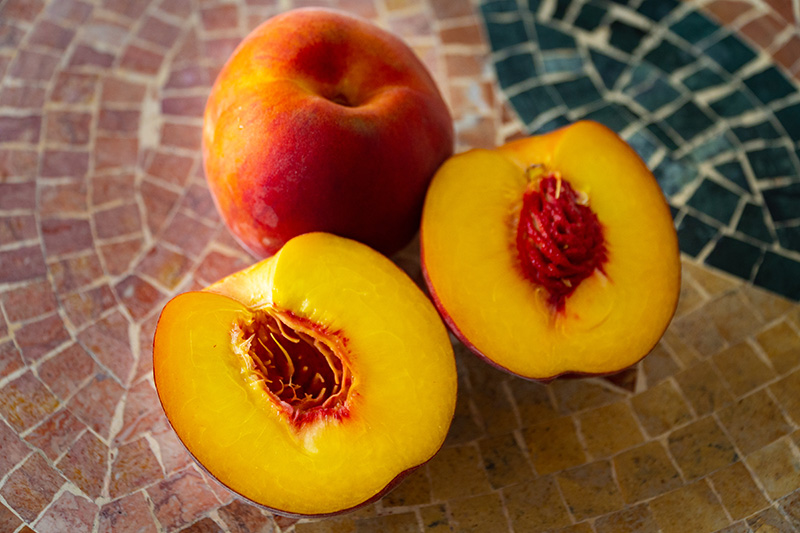It's easy to get answers about health and nutrition! Just send your question by email to [email protected] and Dr. Harlan will respond to selected questions of general interest. Answers will be posted in the Ask Dr. Gourmet newsletter (sign up now!) and archived in the Ask Dr. Gourmet section of the website.
Please note that the Ask Dr. Gourmet feature is restricted to questions regarding food and nutrition. Due to the many questions we receive, not all questions may be answered. For more specific questions about your individual health, please contact your doctor. About Timothy S. Harlan, MD, FACP, CCMS | Terms of Use | Privacy Policy
More Questions About Food Safety
Is it safe to eat from unopened jars
of caviar that are five years old?
How long should I keep chipotles in adobo?
Should I throw this balsamic vinegar
away?
Should I throw this chili away?
Should I avoid eating canned tuna every
day for lunch?
Is the ethylene gas that is used
to ripen tomatoes quickly in supermarkets safe?
Ask Dr. Gourmet
Do peach pits really contain cyanide?
Recently I bought four peaches. When I cut into each one the pit had come apart and the nut inside was loose. I have always heard that the inside nut is poisonous so I threw the peaches away. Is my premise correct or could we have eaten the peaches?
Dr. Gourmet Says...

Technically speaking, peach pits do contain cyanide, but it's in a form known as amygdalin. Amygdalin can be broken down by enzymes in the intestine to produce cyanide.
According to the National Institute of Health website, "The edible portions of dietary plant species commonly used in the United States contain relatively low levels of cyanogen glycosides, although some pits and seeds of common fruits, apple, apricot, peach, contain significantly higher concentrations."
One hundred grams of moist peach seed contains 88 mg of cyanide. That's a fair amount, and if you ate 100 grams of peach seed it could be dangerous. The actual pit from a peach my wife just ate weighs only 10 grams, however. So even if you ate the whole pit (yuck) you'd only get about 9 milligrams of cyanide in the form of amygdalin and overall this is much less poisonous.
Amygdalin is the ingredient in laetrile which has been touted as an anti-cancer drug. As much as 500 mg three times a day has been administered without problem (or success, for that matter, as laetrile has pretty much been shown to be worthless).
So, since you would not ordinarily eat the pit or seed, even if the pit has become separated within the peach, your peaches are safe to eat.
Timothy S. Harlan, MD, FACP, CCMS
Dr. Gourmet
